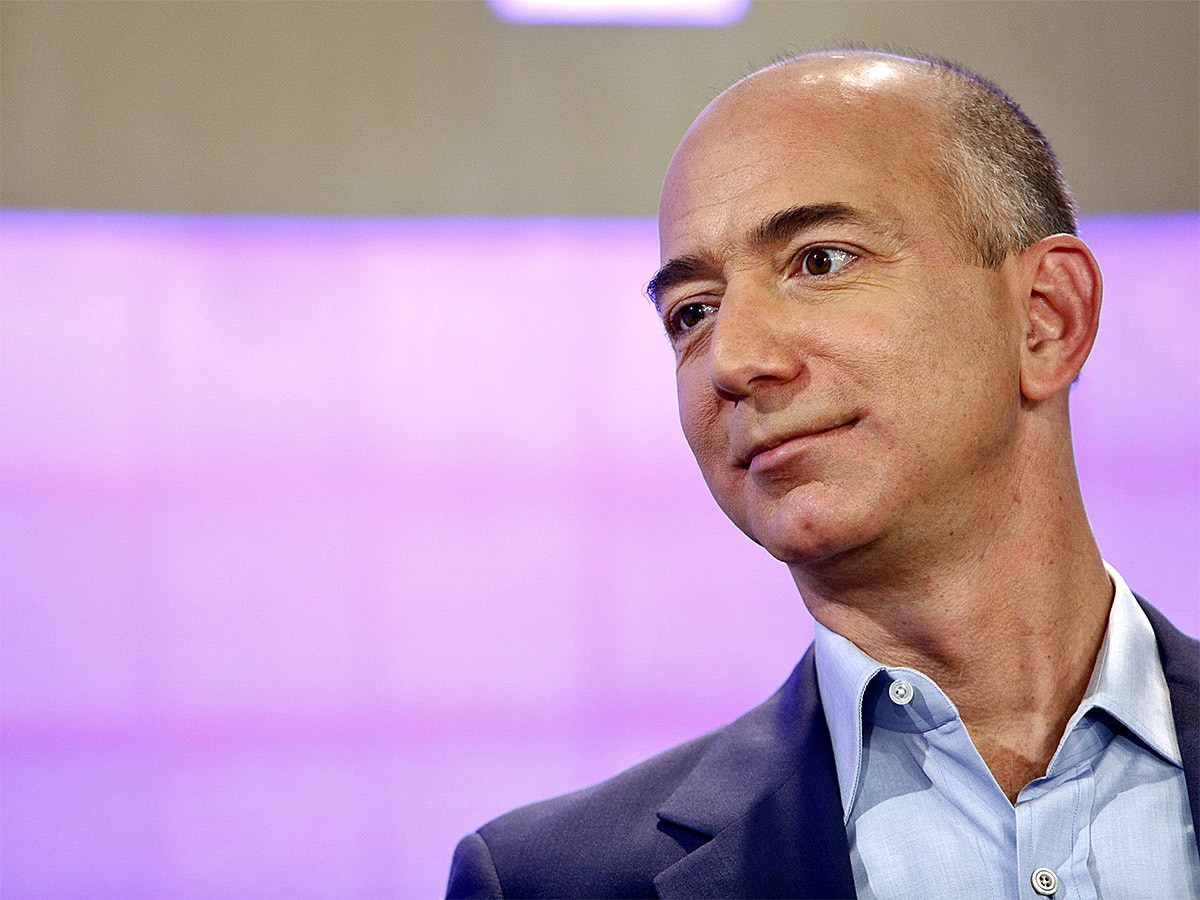Recently, Amazon’s [AMZN] share price reached an intraday high of $3,552.25 on 2 September, before closing at $3,531.45 — the stock’s best-ever day of trading. This elevation marked a 110.6% increase on Amazon’s share price on 12 March, Amazon’s worst day of trading in 2020. The high, however, didn’t stick. Amazon’s share price fell 12.1% over a seven-day trading period, closing at $3,102.97 on 14 September as tech stocks across the board suffered. More recently, the stock suffered as the European Union questioned its use of third-party data.
On 10 November, the EU sent a Statement of Objections to Amazon for the “use of non-public independent seller data”, which caused Amazon’s share price to close 3.5% lower than the previous day. While Amazon’s share price has recovered somewhat, its 20 November close price of $3,098.39 was 12.8% lower than its September peak.
Will the EU’s objections have a long-term effect on Amazon’s share price?
Antitrust rules
Following a year-long probe, the European Commission released a statement on 10 November to say that it had “informed Amazon of its preliminary view that it has breached EU antitrust rules by distorting competition in online retail markets”.
The statement goes on to accuse Amazon of breaching antitrust rules by “systematically relying on non-public business data of independent sellers who sell on its marketplace, to the benefit of Amazon's own retail business”.
In the statement, Margrethe Vestager, executive vice-president of the European Commission, said: “We must ensure that dual-role platforms with market power, such as Amazon, do not distort competition.”
She added that: “Data on the activity of third-party sellers should not be used to the benefit of Amazon when it acts as a competitor to these sellers.”
The Commission has opened a second antitrust investigation into the possible preferential treatment of Amazon's own retail offers and those of marketplace sellers that use its logistics and delivery services.
"We do not take issue with the success of Amazon or its size,” Vestager said at a press conference. “Our concern is very specific business conduct which appears to distort genuine competition.”
"We do not take issue with the success of Amazon or its size. Our concern is very specific business conduct which appears to distort genuine competition." - Margrethe Vestager, executive vice-president of the European Commission
According to Bloomberg, objections from the EU could result in Amazon being fined as much as 10% of its annual sales.
Unsurprisingly, Amazon has refuted the allegations, saying: “We disagree with the preliminary assertions of the European Commission and will continue to make every effort to ensure it has an accurate understanding of the facts.”
The Financial Times highlighted the difficulty the Commission will face in charging Amazon when it quoted Alfonso Lamadrid, a lawyer with Garrigues in Brussels. He said: “The [EC’s charges] seem to be targeting a business model that is very common in retail and that has generally been a source of more, not less, competition. As the law stands in the EU, even dominant companies are not subject to a general duty of neutrality.
“The Commission would need to show that Amazon is an indispensable channel for sellers, and that Amazon’s conduct would likely drive sellers out of the market. This might be challenging. It takes a confident enforcer to run a hard case like this one.”
"The Commission would need to show that Amazon is an indispensable channel for sellers, and that Amazon’s conduct would likely drive sellers out of the market. This might be challenging. It takes a confident enforcer to run a hard case like this one" - Alfonso Lamadrid, Garrigues lawyer
While Amazon’s share price took an initial hit as a result of the allegations, the news has been overshadowed by Amazon’s announcement that it will open an online pharmacy — more than two years after its $753m acquisition of PillPack. While this has had little visible effect on Amazon’s share price, it could be counteracting the negative impact of the Commission’s allegations.
What lies ahead for Amazon’s share price?
“I don't plan to sell my Amazon stock anytime soon, and possibly not ever,” says Anders Bylund, writing for The Motley Fool. “Flexible innovation should keep Amazon's business empire flourishing for decades to come. The company has barely started to nibble on international retail opportunities, Amazon's shipping services might become a stand-alone business someday, and few companies do more research in artificial intelligence than Jeff Bezos' online bookstore does.”
The consensus among 49 analysts polled by CNN Money is to buy the stock. This rating is held by a wide majority of 42 analysts, with three rating it a Hold and four offering an Outperform rating.
The median 12-month price target among 46 analysts is $3,800, with a high estimate of $4,500 and a low of $3,048. The median target represents a 22.6% increase from Amazon’s share price as of close on 23 November.
“The $1.6tn market cap we see today should feel quaint and small next to the market cap Amazon is building over the next 12, 20, or 30 years,” concluded Bylund.
| Market cap | $1.555trn |
| PE ratio (TTM) | 90.59 |
| EPS (TTM) | 34.20 |
| Quarterly revenue growth (YoY) | 37.40% |
Amazon's share price vitals, Yahoo Finance, 23 November 2020
Continue reading for FREE
- Includes free newsletter updates, unsubscribe anytime. Privacy policy





